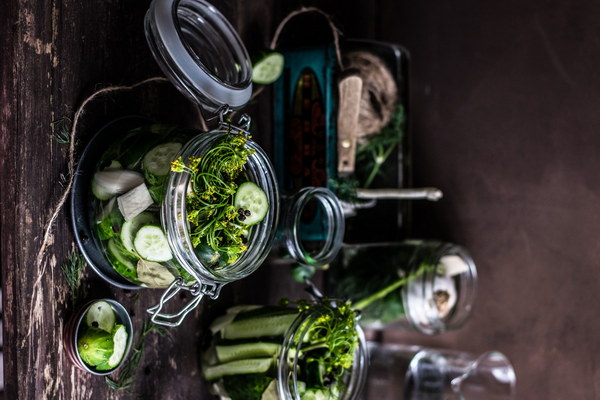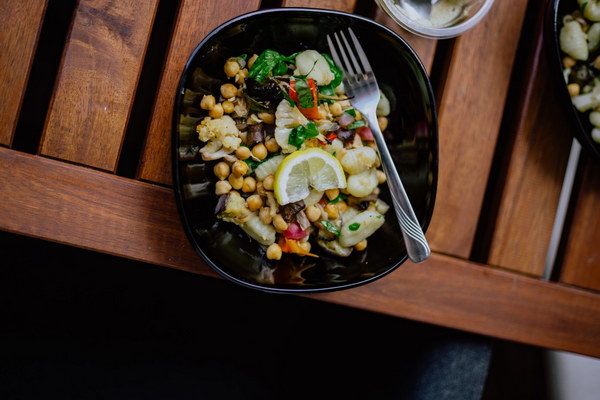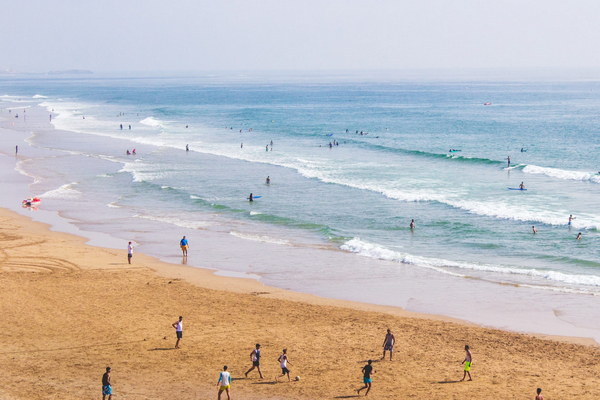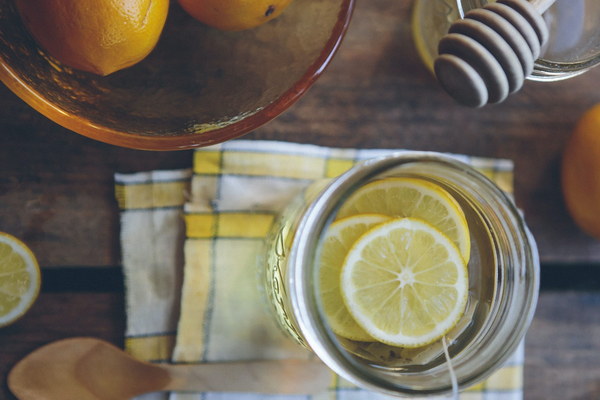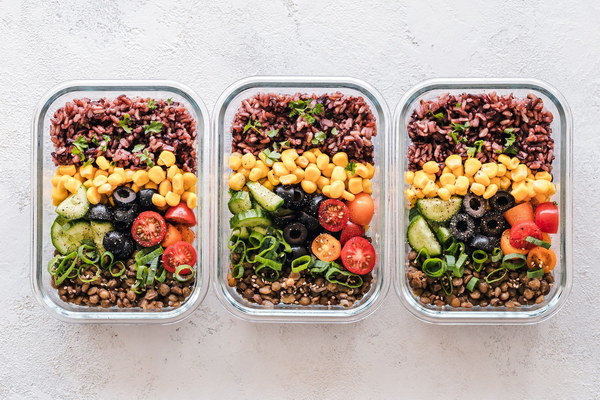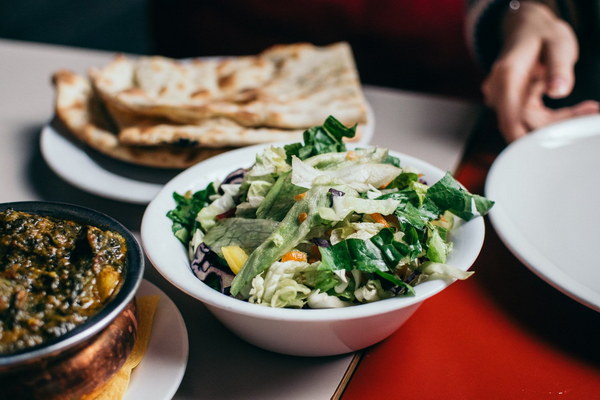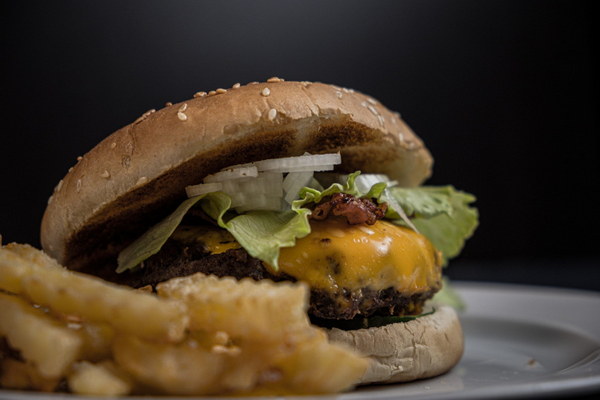Replenishing After Diarrhea A Guide to Nutritional Restoration
Introduction:
Diarrhea can be an uncomfortable and sometimes distressing experience. It is characterized by frequent, loose, and watery stools, often accompanied by abdominal cramps, bloating, and nausea. While it may be tempting to consume heavy or rich foods after a bout of diarrhea, it is crucial to focus on gentle, nutritious, and easily digestible foods to aid the body's recovery. In this article, we will explore the importance of replenishing nutrients after diarrhea and provide a comprehensive guide to help you nourish your body back to health.
1. Importance of Replenishing Nutrients After Diarrhea:
Diarrhea can lead to a loss of electrolytes, fluids, and essential nutrients, such as potassium, sodium, and vitamin C. These losses can result in dehydration, weakness, and a weakened immune system. By replenishing these nutrients, you can support your body's recovery process and minimize the risk of complications.
2. Foods to Focus On:
a. Rehydration Solutions: Staying hydrated is crucial after diarrhea. Water, oral rehydration solutions, and electrolyte-rich drinks like coconut water or sports drinks can help restore fluid balance and replenish electrolytes.
b. BRAT Diet: The BRAT diet (Bananas, Rice, Applesauce, and Toast) is often recommended during diarrhea as these foods are gentle on the digestive system and can help firm up stools. However, it is important to avoid high-fat, high-fiber, and spicy foods during this period.
c. Low-Fat, Low-Fiber Foods: Opt for low-fat, low-fiber foods such as mashed potatoes, white rice, and well-cooked vegetables to avoid further irritation to the digestive system.
d. Nutrient-Rich Foods: Incorporate nutrient-rich foods like lean proteins, whole grains, fruits, and vegetables into your diet to replenish lost nutrients. These foods include:
- Lean proteins: Chicken, turkey, tofu, and eggs are excellent sources of protein that aid in muscle repair and immune function.
- Whole grains: Oatmeal, quinoa, and brown rice provide complex carbohydrates, fiber, and essential nutrients.
- Fruits and vegetables: Bananas, applesauce, carrots, and sweet potatoes are good choices, as they are easy to digest and rich in vitamins and minerals.
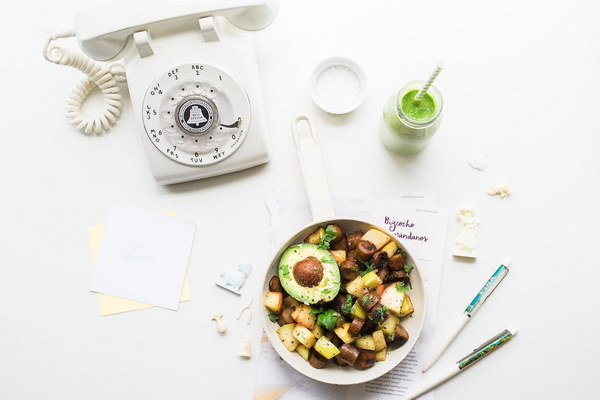
- Dairy products: If you tolerate dairy, low-fat yogurt and milk can help replenish calcium and vitamin D.
3. Hydration and Electrolyte Replenishment:
a. Drink plenty of fluids throughout the day to prevent dehydration. Aim for at least 8 to 10 glasses of water per day, along with other hydrating beverages.
b. Add electrolytes to your drinks by incorporating sports drinks or electrolyte powders, especially if you have been experiencing frequent diarrhea.
c. Eat foods rich in electrolytes such as bananas, avocado, oranges, and nuts to help restore the balance of electrolytes in your body.
4. Gradual Transition to Regular Diet:
As your body starts to recover, gradually introduce more variety to your diet. Begin with easily digestible foods and slowly incorporate high-fiber and high-fat foods. Pay attention to your body's response and adjust your diet accordingly.
5. Seek Medical Attention if Needed:
If your diarrhea persists for more than a few days, or if you experience severe symptoms such as high fever, blood in your stool, or severe dehydration, it is essential to seek medical attention.
Conclusion:
Replenishing nutrients after diarrhea is crucial for a smooth recovery. By focusing on gentle, nutrient-rich foods, staying hydrated, and gradually transitioning to a regular diet, you can support your body's healing process and minimize the risk of complications. Remember to listen to your body and adjust your diet as needed, and don't hesitate to seek medical attention if you have concerns.
